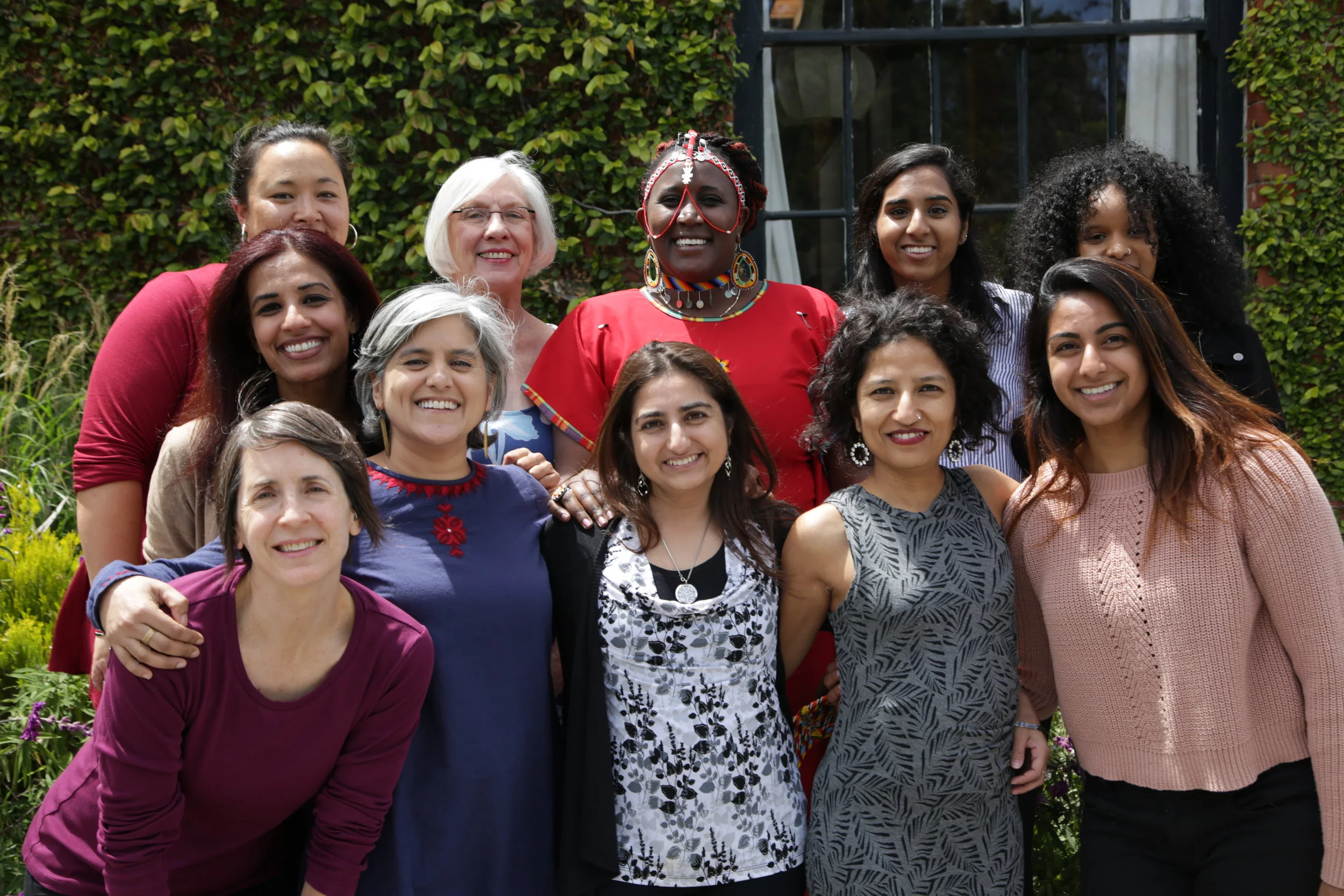Sahiyo Stories: Bringing Personal Stories of Female Genital Mutilation/Cutting (FGM/C) Into Public Spaces
Amy Hill
“Participating in this workshop was an important step in my life-long process of coming to terms with my cutting. After finishing law school, I chose to work with women fleeing gender-based harms. One of my first cases involved a woman seeking asylum because she was vehemently opposed to genital cutting and feared that she would be unable to protect her minor daughter from being cut if she had to return to her home country.”
In the United States, many people believe female genital mutilation/cutting (FGM/C) is not an issue. Western media have long focused on the notion that FGM/C occurs in “other countries,” with an emphasis on “African communities.” However, as the recent ruling on the case against Dawoodi Bohra doctors in Michigan for performing FGC on two minor girls demonstrates, FGC is both a global AND domestic issue, affecting communities outside AND within the United States. Within the United States, the CDC estimates that half a million women and girls are at risk of undergoing FGC. Sahiyo United Against Female Genital Cutting understands that FGM/C continues because it is viewed as an acceptable social norm, and works to build a cadre of women’s willing to speak out against the practice, as a way of supporting communities in advocating to end the practice.
In 2018, with support from the Wallace Global Fund, Sahiyo co-founder Mariya Taher and StoryCenter began a collaboration to elevate the voices of survivors and those affected by FGM/C and challenge mainstream media representations of the issue (read a StoryCenter blog posting documenting Mariya’s journey to digital storytelling). Together, we held a workshop last May with survivors of female genital cutting representing the Dawoodi Bohra Muslim community, as well as communities in Kenya, Somalia, and the Midwestern United States. Over the course of three days, the workshop participants shared their experiences, wept and laughed together, and dove into the creative activities of piecing together short videos. On the last day, we invited a videographer to capture the reflections of the storytellers, about the digital storytelling process.
The experience was deeply moving for all involved. We’re continuing to work closely with Sahiyo on sharing the powerful stories that emerged, in community and conference settings, as well as online and via social media, with a focus on reducing the silence and stigma that surrounds FGM/C and supporting open, honest conversations about the need to end this harmful practice. We’ve also expanded the vision of this project into what is now known as Voices to End FGM/C, a global effort to bring survivor and advocate stories into the growing mix of international advocacy.
Explore reflections by participants in Sahiyo Stories on our blog … and read / listen to news about the project in Brown Girl Magazine, Sister-hood Magazine, and Buzzfeed.
Watch a short documentary about the Sahiyo Stories workshop, and view the entire set of Sahiyo stories online.
